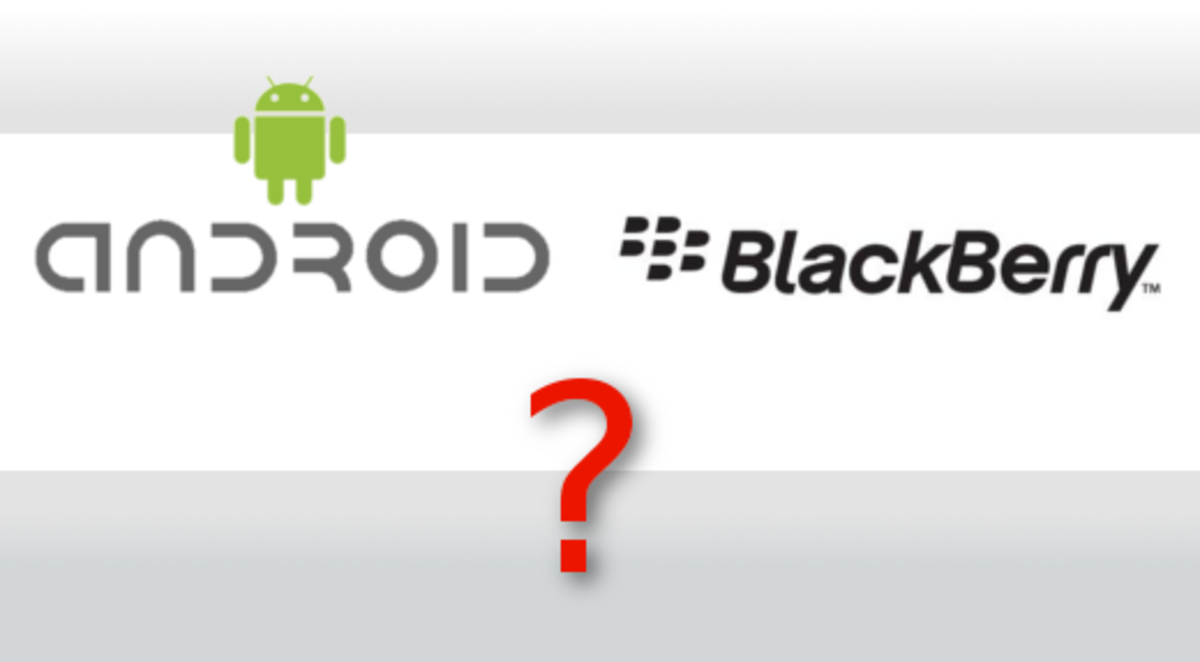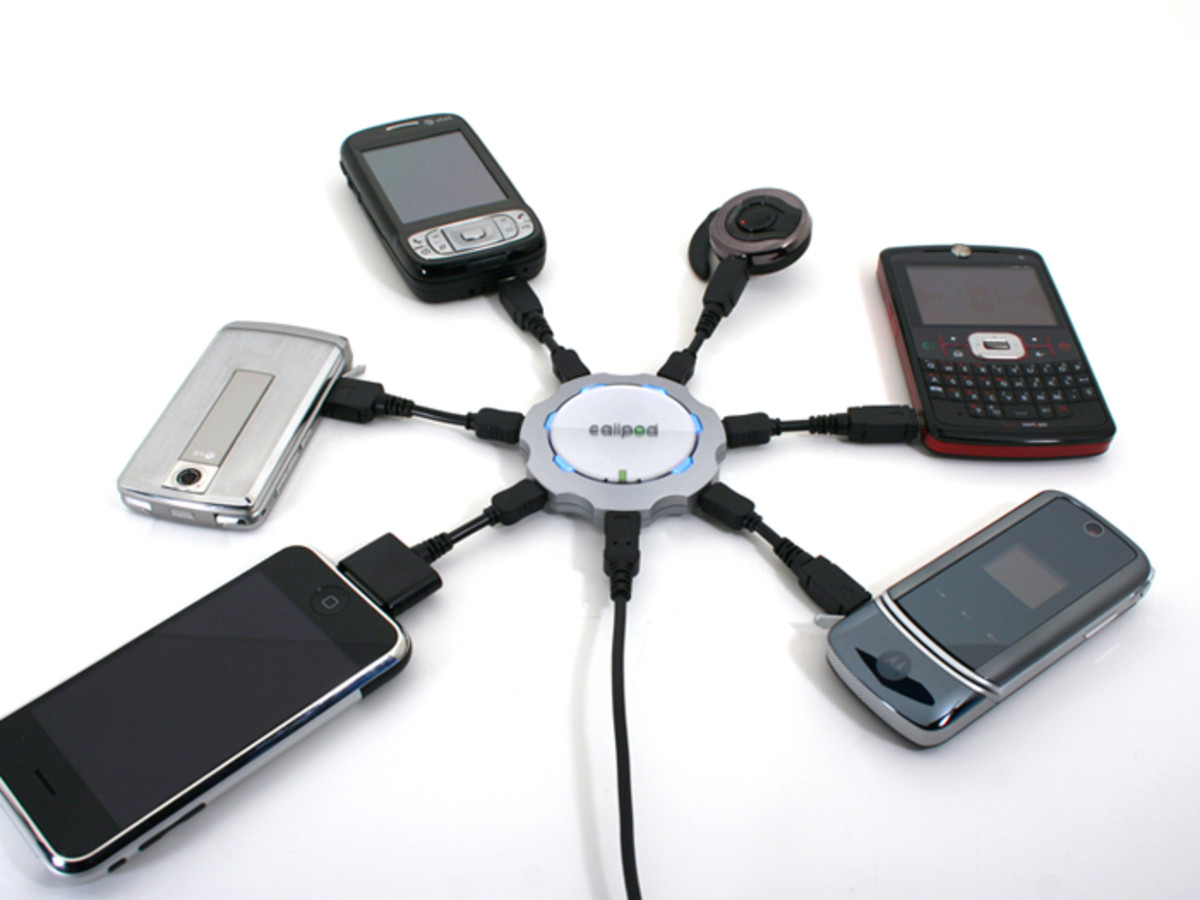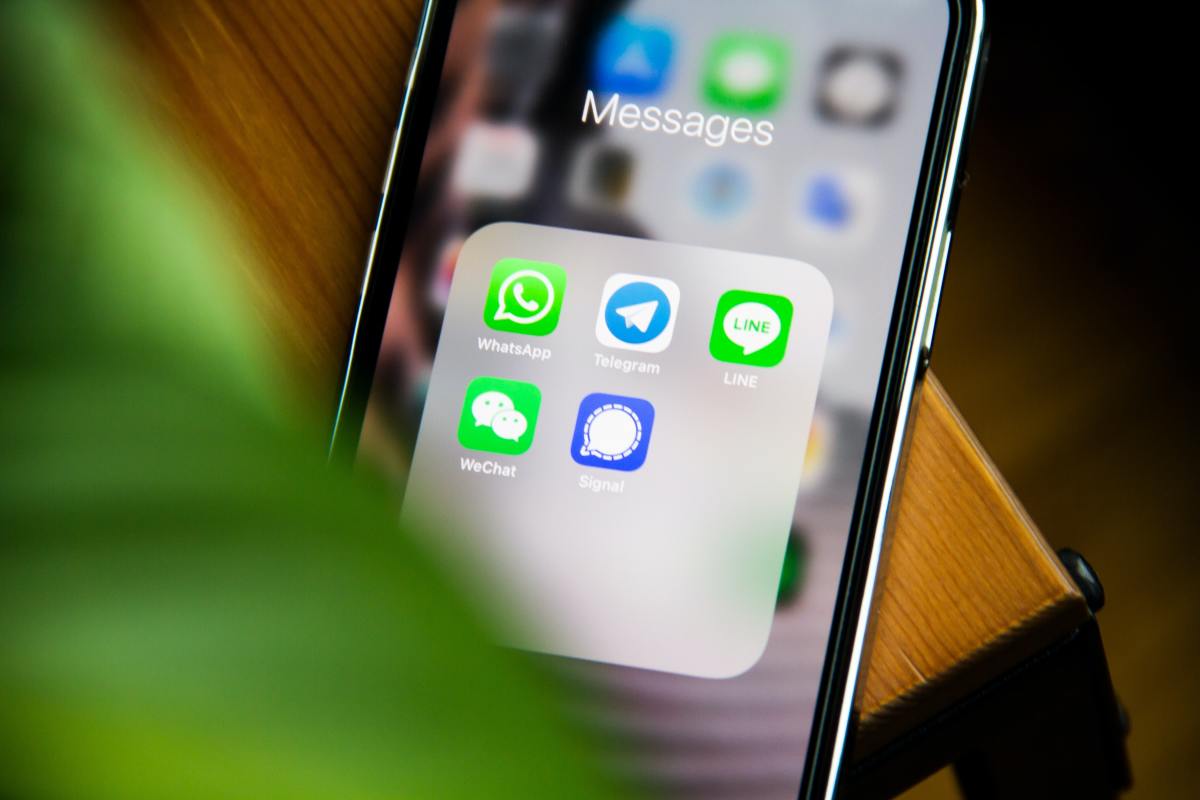China Hacks One Billion Apple and Android Phones

China's state sponsored hackers targeted the Uighur community in the country’s Xinjiang state. While most of the hacks were Apple iPhones, the Android was not exempt from the security attacks and breaches. These attacks began two years ago and is just coming to light. The Muslim Uighur population are interred in "retraining camps," over 1 million, all have been subjected to cell phone hacks allowing the Chinese to covertly monitor whatever they do on the phone. Big brother is alive and well in China.
Apple, which is just releasing its iPhone 11, was shocked of the news since the phones breached were locked down.
As China hacked this group to monitor them via numerous websites they visited, many innocent and non-targeted groups of people who visited the same websites were hacked simply by visiting the website. The hack is totally invisible to the cell phone owner, they have no clue that just by going to the website, their security on the device is compromised. By visiting the site, the malware in the site would implant code in the cell phone with five exploits to get passwords, photos, bank information, FB useage, texts, their location. Every version of software on the Apple phone from iOS 10 to iOS12 was hacked.
The implications worldwide are frightening. While the Chinese only targeted a group of minority population within their borders, Apple and Samsung are greatly concerned about the Chinese sophistication in their ability to hack into their cell phones and steal personal data were China to target the US or any other entity. It is amazing that just by visiting a website that the exploits are automatically downloaded into the cell phone without any indication to the user. Worse, is the fact that the exploits steal the information or monitor you without you even knowing it! The user needs only to access the website that may be legit in all ways. The user does not need to click on a link once the website is accessed, as it is already too late. The Chinese were able to monitor an entire population in real time without their knowledge.
The fix, should the user even know of the hack, is simply restarting your phone, which erases the malware. But that is the problem, you do not know when you are being monitored.
Scary future for all of us.








